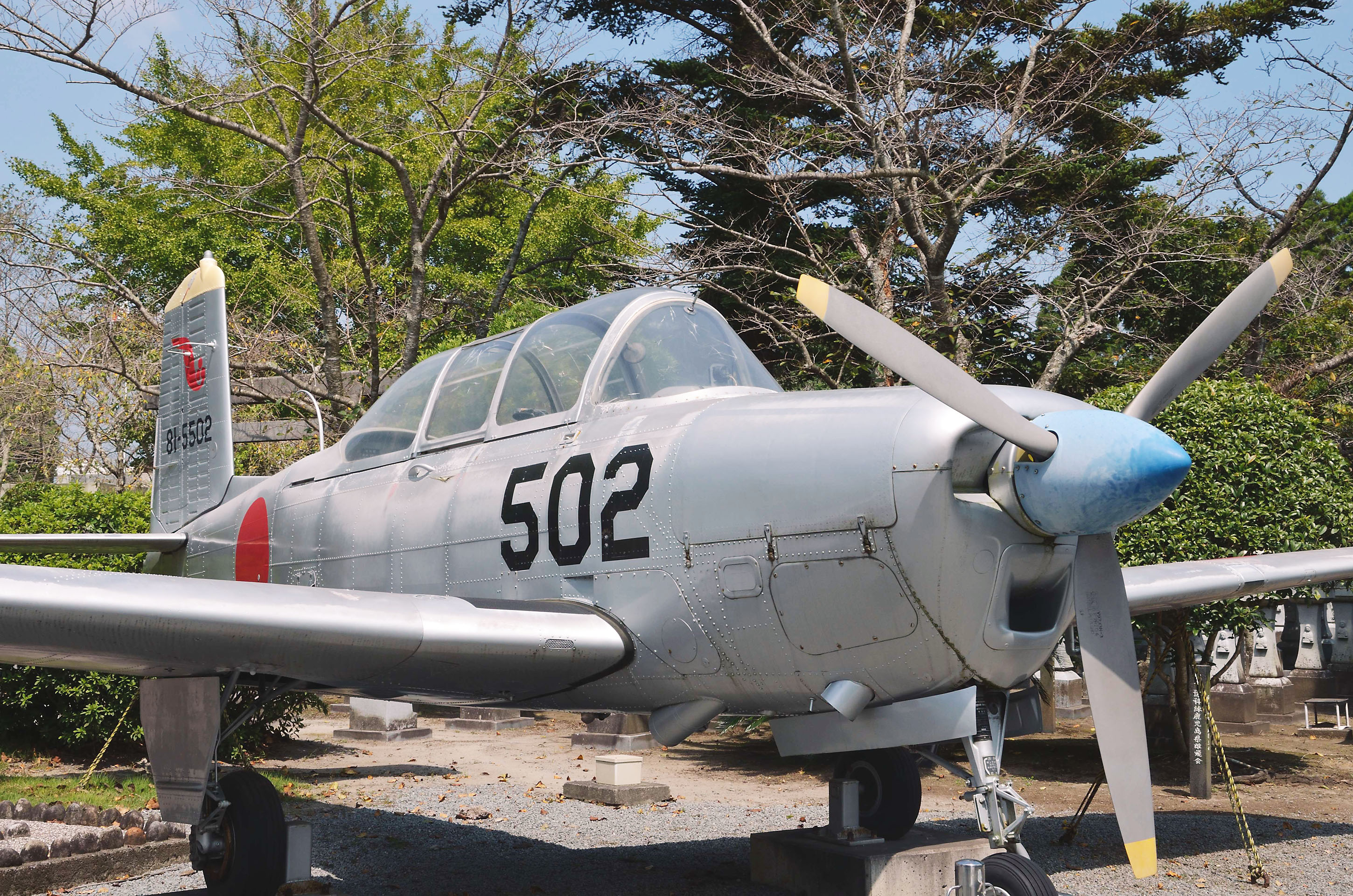As a child growing up in California in the 1980s, I learned my share of Japanese words. Sushi, which my family would get for a treat on birthdays. Mochi (chewy rice cake), ramen and karaoke — all encountered at the Japanese shopping arcade downtown.
And then there was kamikaze. I don't know where I learned that word. I think it must have been burned so deeply into America's collective consciousness during World War II that even a child 40 years later absorbed it automatically.
Kamikaze means "divine wind," originally the typhoons that scuppered invading Mongol fleets in 1274 and '81. In the last year of World War II, though, the term was used to describe the Japanese army and navy airmen who deliberately crashed their planes loaded with bombs into Allied ships and other targets, killing themselves and many others.


















With your current subscription plan you can comment on stories. However, before writing your first comment, please create a display name in the Profile section of your subscriber account page.